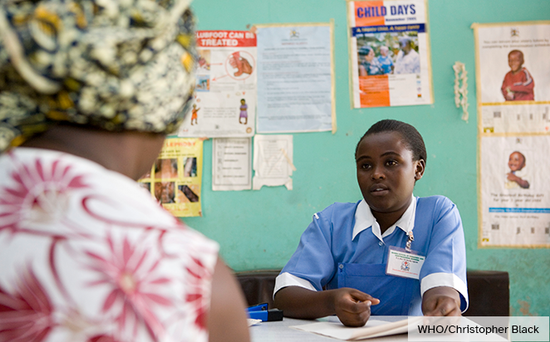
Sexual violence and intimate partner violence are among the most severe stressors that women may experience in their lifetime and can have numerous social and psychological consequences. This course is the second in a series of courses that provide detailed guidance on the clinical management of rape and intimate partner violence survivors (CMR-IPV). It gives an overview of the common social consequences and psychological reactions to sexual violence and intimate partner violence. This course also highlights different coping methods, social support, and stress reduction techniques to help patients reduce their psychological distress reactions.
Idioma: English
Información del curso
Course overview:
Psychological distress reactions follow common violence. These reactions may be overwhelming but are normal and often temporary. Most women recover from a violent situation, especially if they feel safe and receive emotional support from people they trust. The impact of intimate partner violence on mental health can be more subtle, yet very harmful. The violence may repeatedly occur and over a long period. It can grow worse and involve extreme emotional abuse.
This course is the second in a series of courses that provide detailed guidance on the clinical management of rape and intimate partner violence survivors (CMR-IPV). We recommend to first complete the first course " Introduction to the clinical management of rape and intimate partner violence in humanitarian settings"
This course gives an overview of the common social consequences and psychological reactions to sexual violence and intimate partner violence. This course also highlights different coping methods, social support, and stress reduction techniques to help patients reduce their psychological distress reactions.
The course is comprised of videos, presentations, case studies, and quizzes. It focuses on knowledge and skill-building.
Course duration: Approximately one hour.
Lo que aprenderá
- Describe the social consequences and common psychological reactions to sexual violence and intimate partner violence
- Describe the more severe mental health problems that can result from sexual violence and intimate partner violence
- Provide patients with information about normal reactions to acute stress
- Assess current psychosocial stressors and use problem-solving techniques to help patients manage psychosocial stress
- Explore different coping methods and social support with patients and strengthen positive ones they currently use
- Teach several stress reduction and relaxation techniques to help patients reduce their psychological distress reactions
A quién se dirige este curso
- The primary audience for this program is qualified health care providers (e.g. health coordinators, medical doctors, clinical officers, midwives, and nurses) working in emergency situations. The program can also be used in planning care services and training health care providers.
Matricularme en este curso
Requisitos para el certificado
- Obtenga un certificado de estudios al obtener más del 80% del número máximo de puntos de todos los trabajos evaluados.
- Obtenga una confirmación de participación al completar al menos el 80% del material del curso.